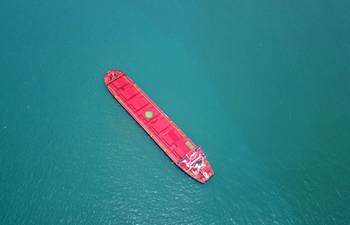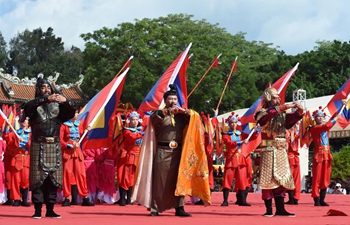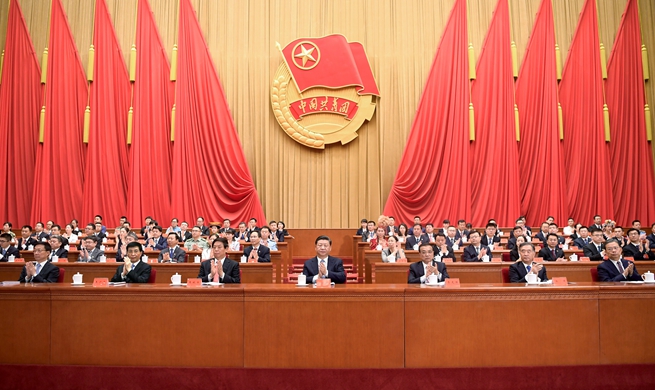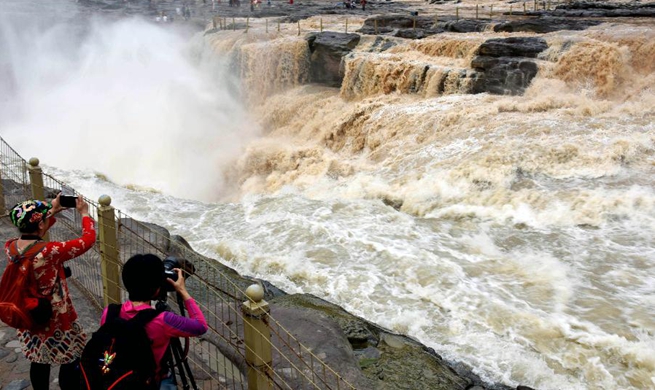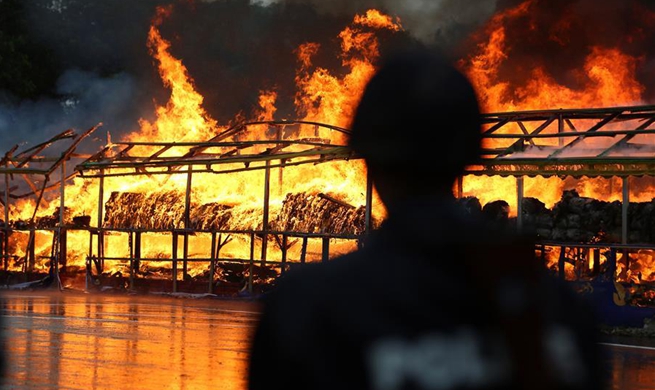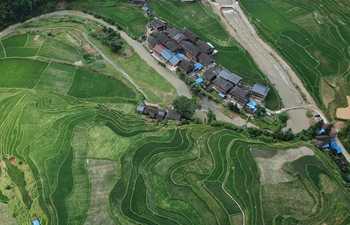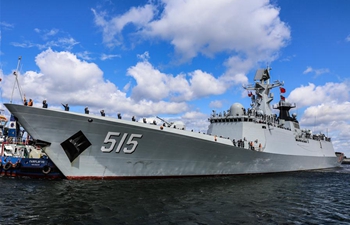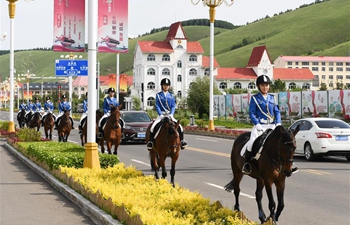TAIPEI, June 26 (Xinhua) -- At Life Hotel in Taiwan's Taitung County, owner Yu Huei-li sips coffee and waits listlessly for tourists to arrive and check into the hotel.
"Business is slow these days," she said.
Yu's hotel is located in the center of a tourist area in the southeast of Taiwan. Business, however, has been lackluster even during peak travel seasons, Yu said.
"During the Dragon Boat Festival, few tourists stayed at my hotel," Yu said. "There were less group tours from the mainland."
Mainland tourism has declined amid cold cross-strait relations.
A few years ago, it was a completely different picture.
"At that time, cross-strait relations were good, and tourism was blooming," Yu said. "The hotels here were fully booked in advance, and our guests had to be transferred to other hotels simply because there were not enough vacant rooms."
The lull followed the election of Taiwan's new leader Tsai Ing-wen, who assumed office in 2016. Tsai has refused to adhere to the 1992 Consensus, angering people on both sides of the Strait.
Weng Piao-piao, a tour bus driver in Taitung, said that a few years ago, his bus was full every day due to the huge number of mainland tourists.
"Now I need to wait a long time to find enough tourists," Weng said.
Tourism has become so disappointing that many owners of family inns in Taitung have decided to lower room prices or even sell their hotels, said Yu Huei-li.
According to Taiwan's Economic Daily News, the tourism industry in Taitung has suffered the greatest impact, as the county is "quite remote" and "travel expenses are much higher" than other tourist destinations such as Taipei and Kaohsiung. Hotel room bookings are 20 to 30 percent lower in the county than previous years, according to the newspaper.
Not only Taitung, other prominent tourist locations, such as Sun Moon Lake, are also suffering similar losses.
Because of the decreasing number of mainland visitors, some famous hotel brands, including the Westin Taipei, have announced closure.
"The Westin Taipei was the first to do so, but definitely not the last," said Liu Chi-chiang, president of Les Suites hotel chain in Taiwan. Liu said that without mainland tourists, many businesses in the sector will be forced to close in the near future.
According to local authorities, the number of mainland tourist to Taiwan was more than 4.18 million in 2015. But after Tsai was elected, the number dropped significantly to less than 2.74 million last year, down more than 30 percent.
Last year, foreign exchange earnings from tourism totaled 374.9 billion new Taiwan dollars (about 12.31 billion U.S. dollars), down 13.3 percent from 2016.
Lai Seh-jen, former member of the Taiwan Strait Tourism Association, said that the tourism industry must rely on itself to survive, rather than depending on Taiwan's current administration.
"Tourism is a big industry in Taiwan and [the decline] has created a lot of job vacancies," Lai said. "It is important to safeguard cross-strait tourism cooperation to boost its development."






